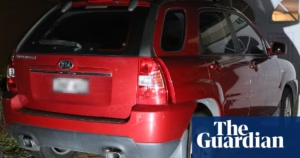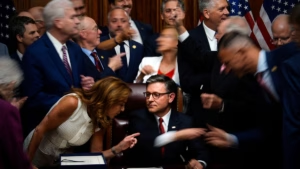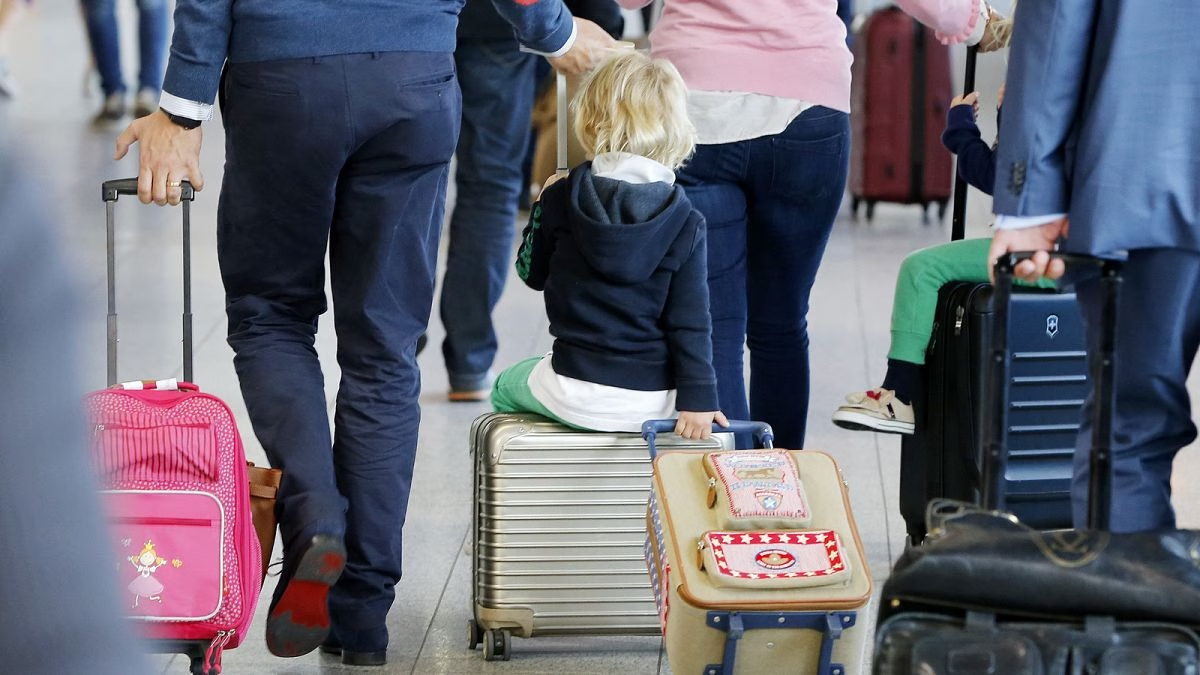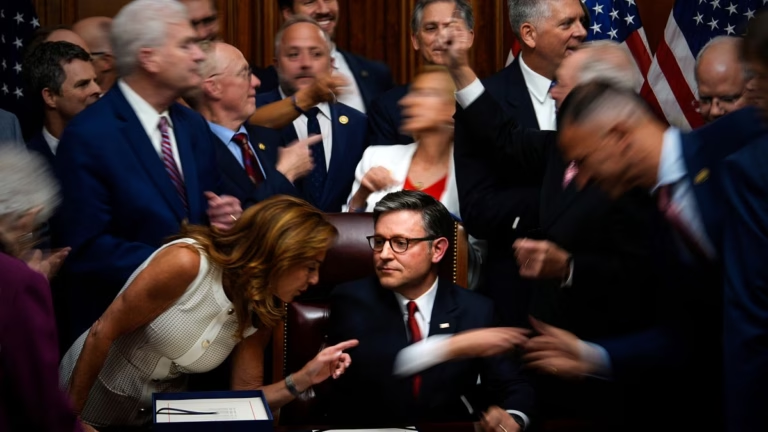False claims have been circulating online suggesting the European Union is banning airlines from charging for carry-on luggage. These claims are untrue and have spread rapidly on social media platforms such as Facebook, Instagram, TikTok, and X.
Euroverify found that several reputable news outlets initially reported these claims, which have since been exaggerated and misrepresented across multiple languages online.
Contrary to the rumors, the EU has neither prohibited nor implemented a ban on cabin bag fees. It is, however, considering regulation.
A Proposal in Progress, but Not Yet Law
The European Parliament’s transport committee voted on June 24 in favor of a draft rule that would allow passengers to bring two carry-on items without additional cost.
If enacted, this rule would require airlines to accommodate one small personal item, like a handbag, and a larger carry-on bag weighing up to 7 kg and measuring up to 100cm in combined width, length, and height free of charge.
The proposed 100cm dimension is slightly smaller than the current standard cabin bag size allowed by most airlines.
This proposal is part of a larger effort to revise a 2004 EU bill on passenger rights, which has been under discussion for years. Poland, which led the Council of the EU for the first six months of the year, has been actively seeking progress on this reform.
Changes to EU rules on compensation for flight delays are also under consideration.
The vote on July 24 does not bring immediate changes but indicates the parliament’s transport committee’s desire to eliminate cabin bag fees.
Should the European Parliament’s plenary agree, negotiations with the European Commission and the Council of the EU, which represents EU governments, will be initiated.
Any changes can only come into law once these negotiations, known as interinstitutional talks, have concluded with a compromise.
The compromise text must then pass a vote in both the European Parliament and the Council before it can become law.
Government Resistance to Change
The idea of abolishing cabin bag fees is likely to face opposition from the Council, which represents EU governments.
In a negotiating position adopted in early June, EU transport ministers did not support a ban, despite some countries, like Spain, backing the idea.
Instead, they propose allowing passengers to take essential items, including travel documents, medicines, personal devices, books, and appropriate food and beverages, at no cost.
Last year, Spain fined five low-cost airlines, including Ryanair, Vueling, easyJet, Norwegian, and Volotea, €179 million for “abusive practices,” including extra charges for hand luggage, leading to the cessation of those practices by the companies.
Ryanair and Norwegian Air have appealed the fines, and a Spanish court has temporarily halted them.
Airlines Advocate for Consumer Choice
The stance of EU transport ministers aligns with that of airlines and their influential lobby groups.
Airlines for Europe (A4E), a lobby group, has strongly condemned the parliament’s position, arguing it would “eliminate consumer choice and impose mandatory trolley cabin baggage on all passengers.”
A4E, citing a Spanish airline association, contends that over 50 million passengers in Spain alone did not need an additional piece of cabin baggage and chose not to include it in their fares.
There is also concern that low-cost carriers may raise ticket prices to offset the potential loss of revenue from add-on fees.
Ryanair’s financial results for the year ending March 2025 show that their ancillary revenues (fees for add-ons including hand baggage) accounted for a third of their total revenue (€4.7 billion out of €13.95 billion).






